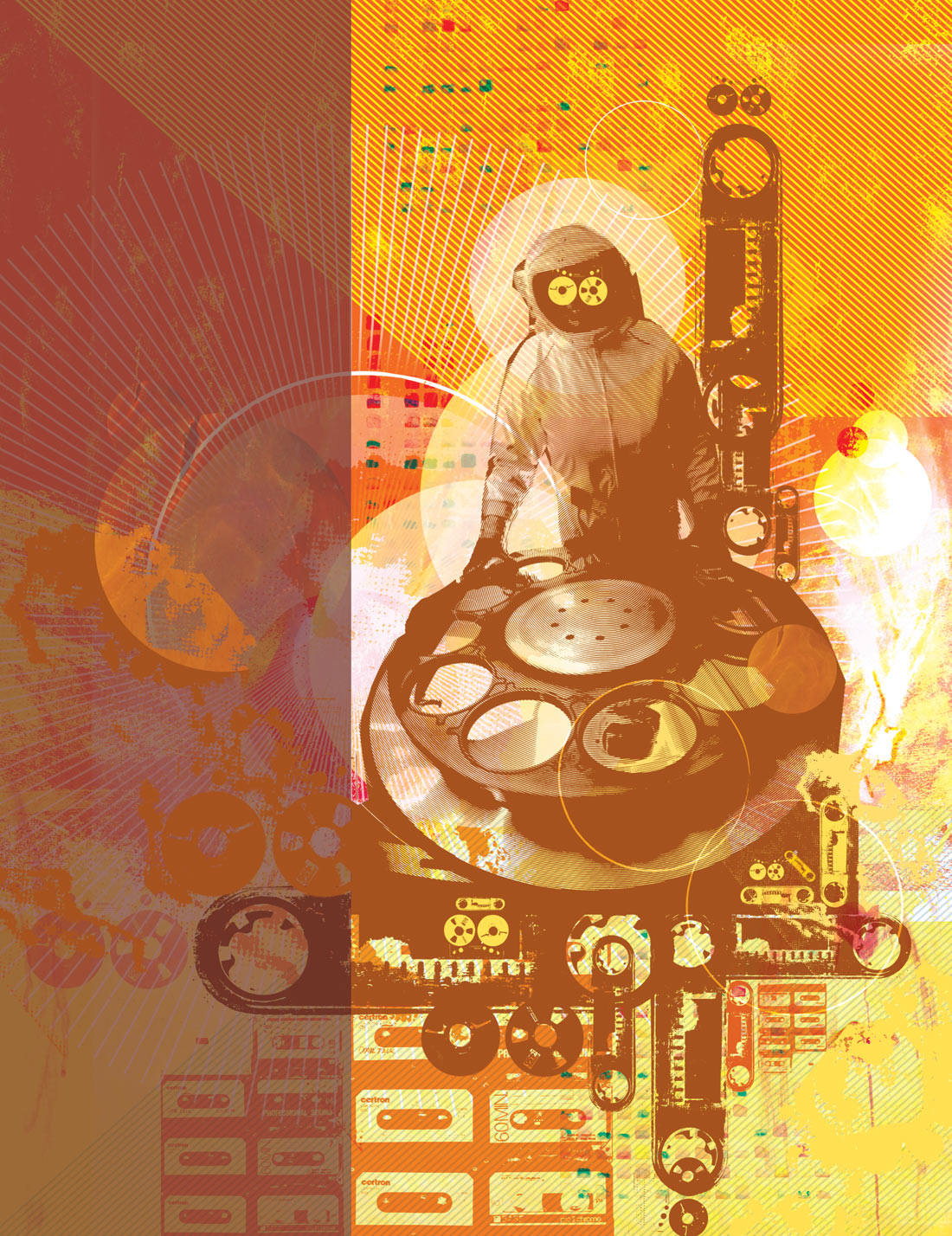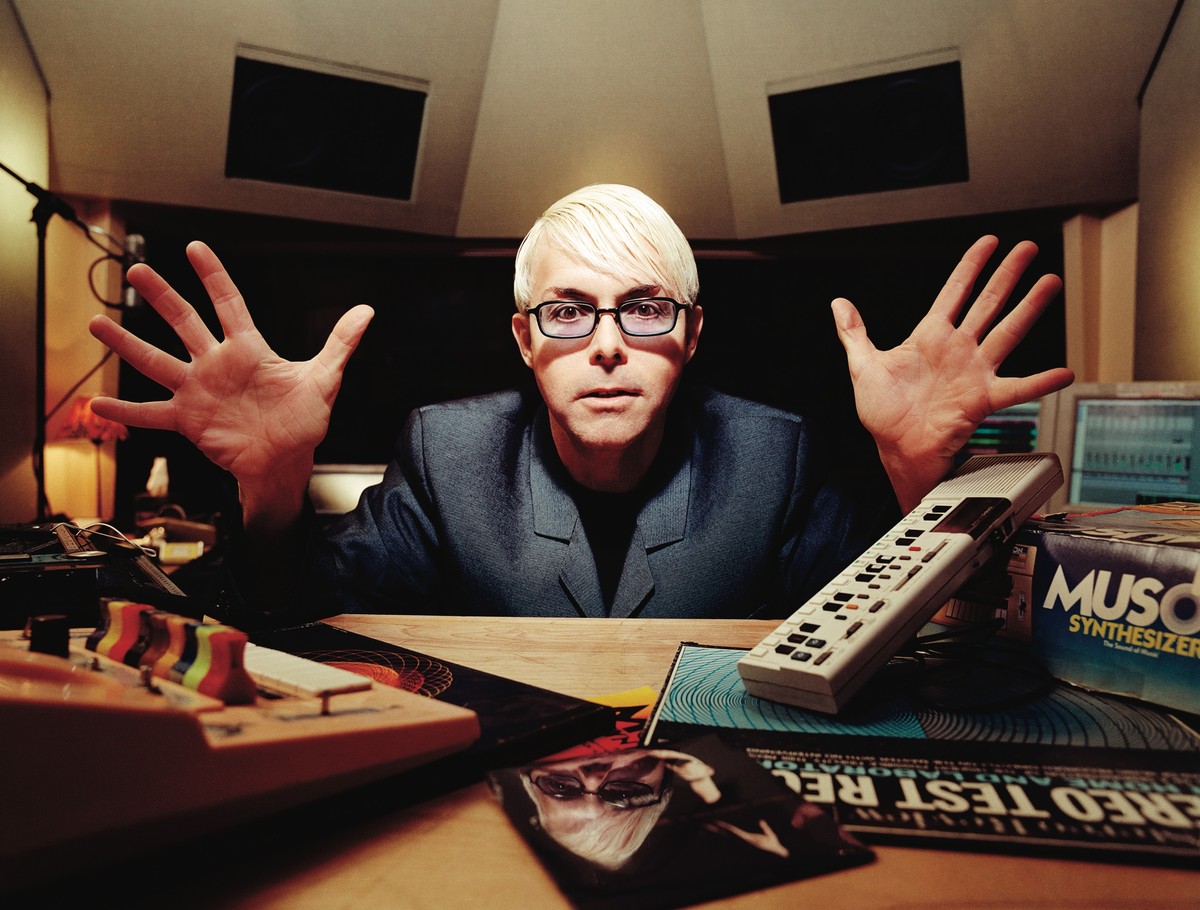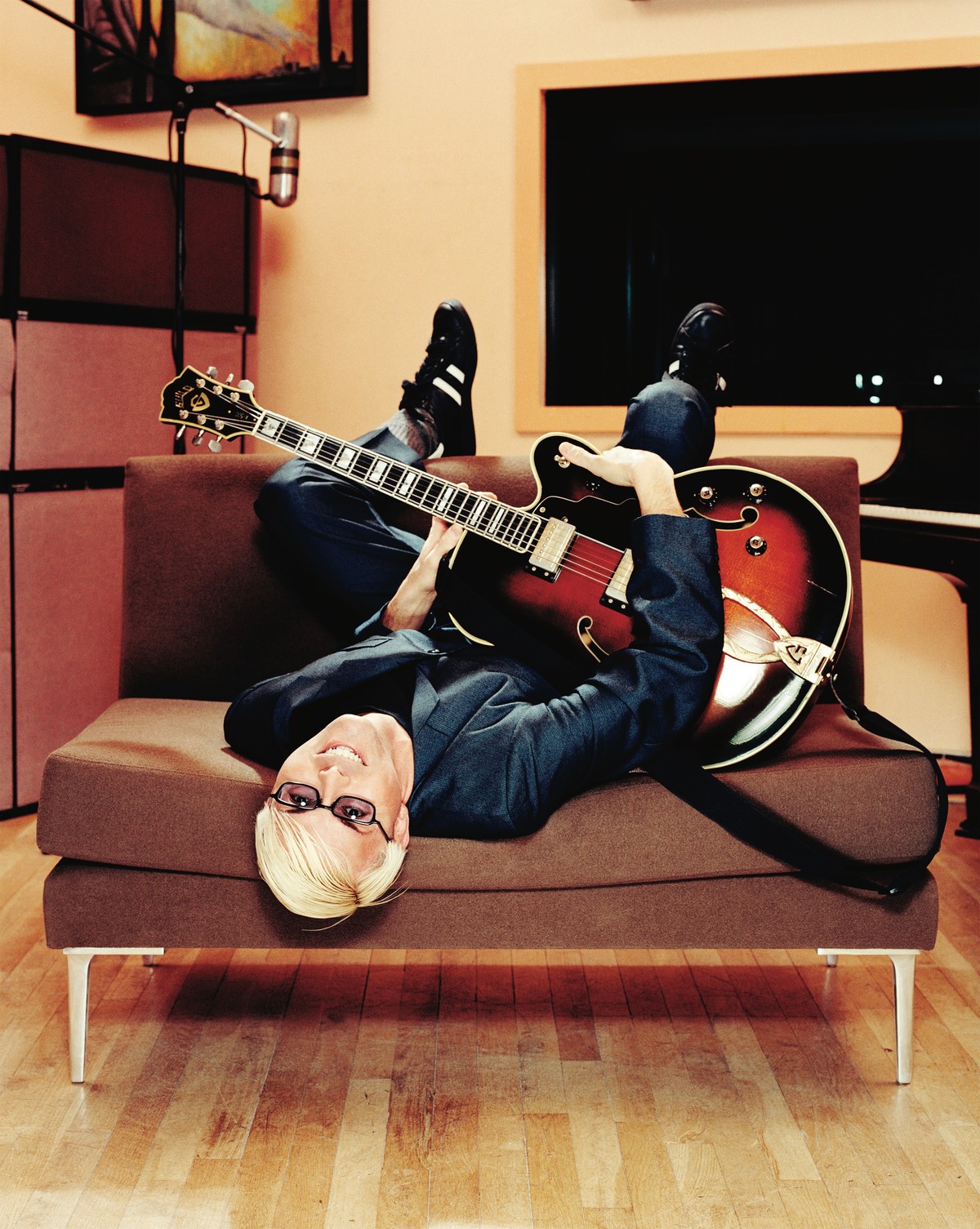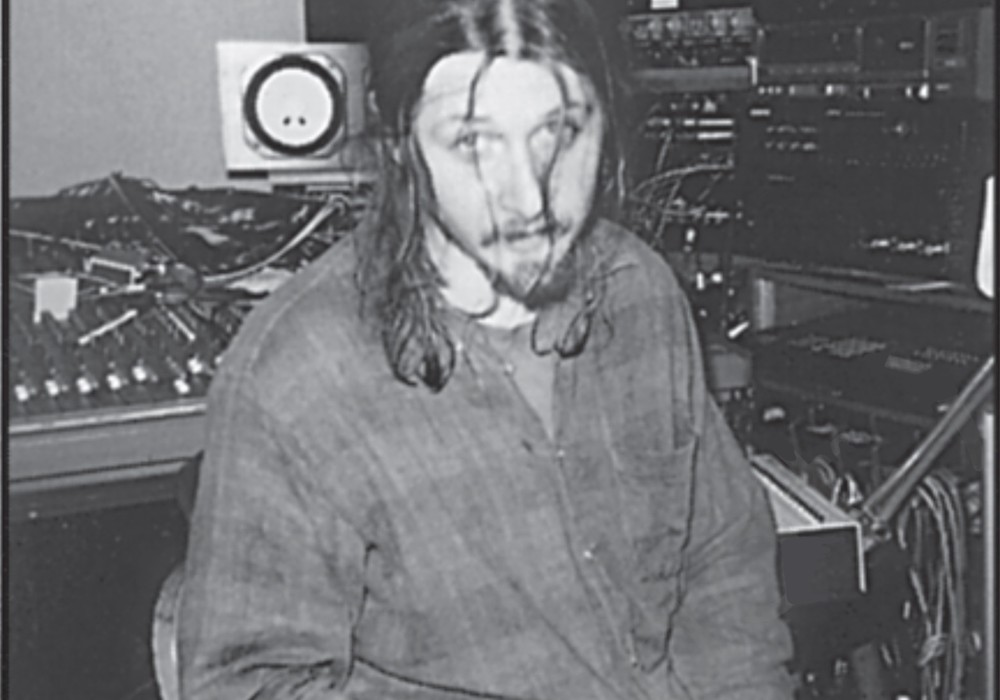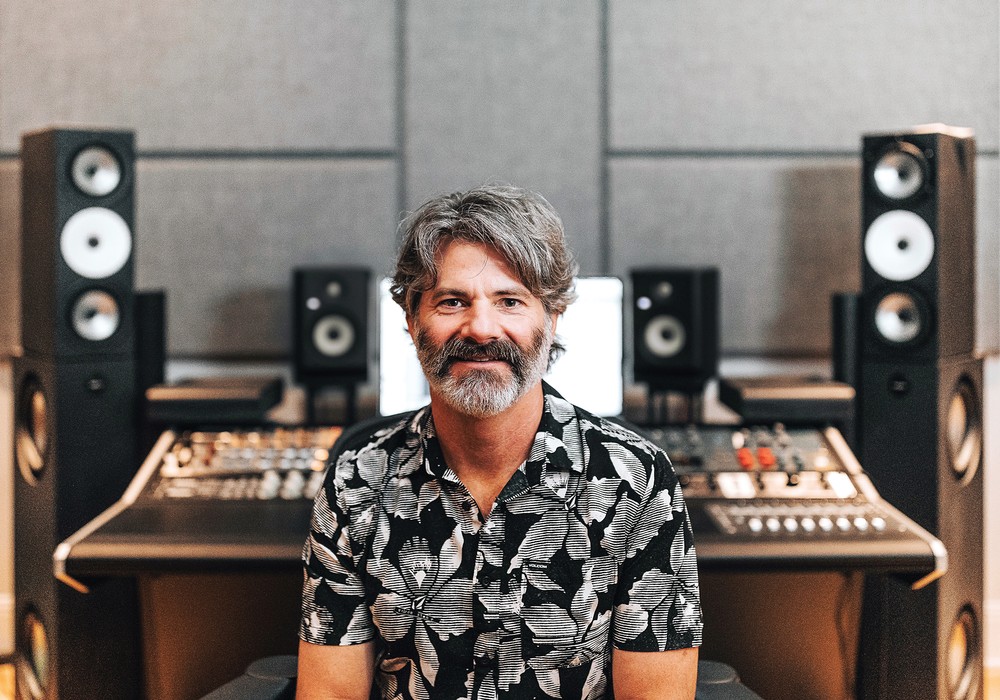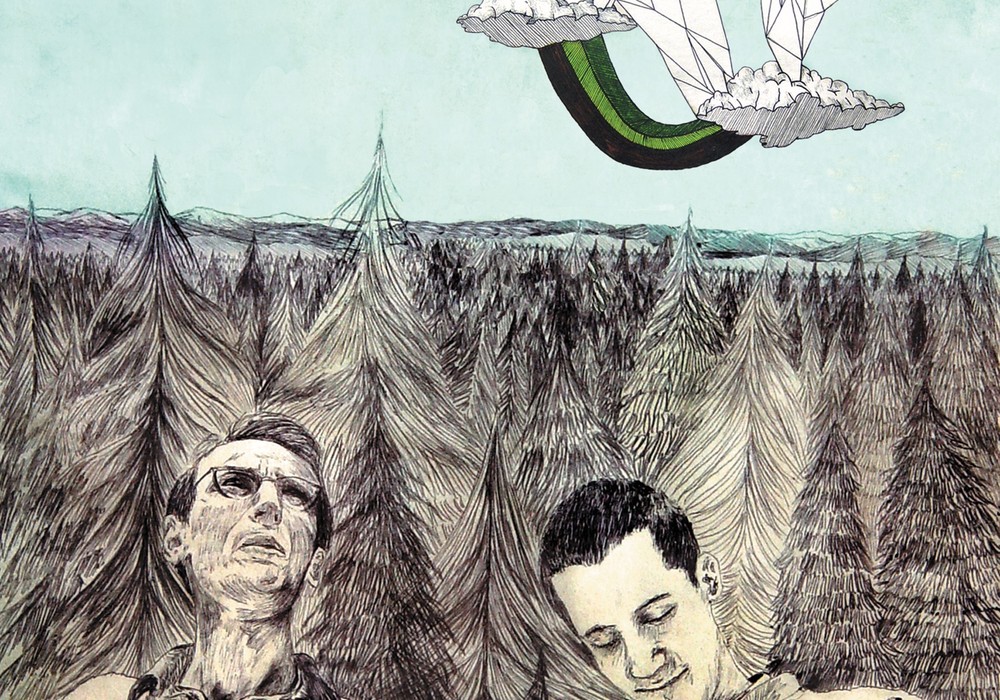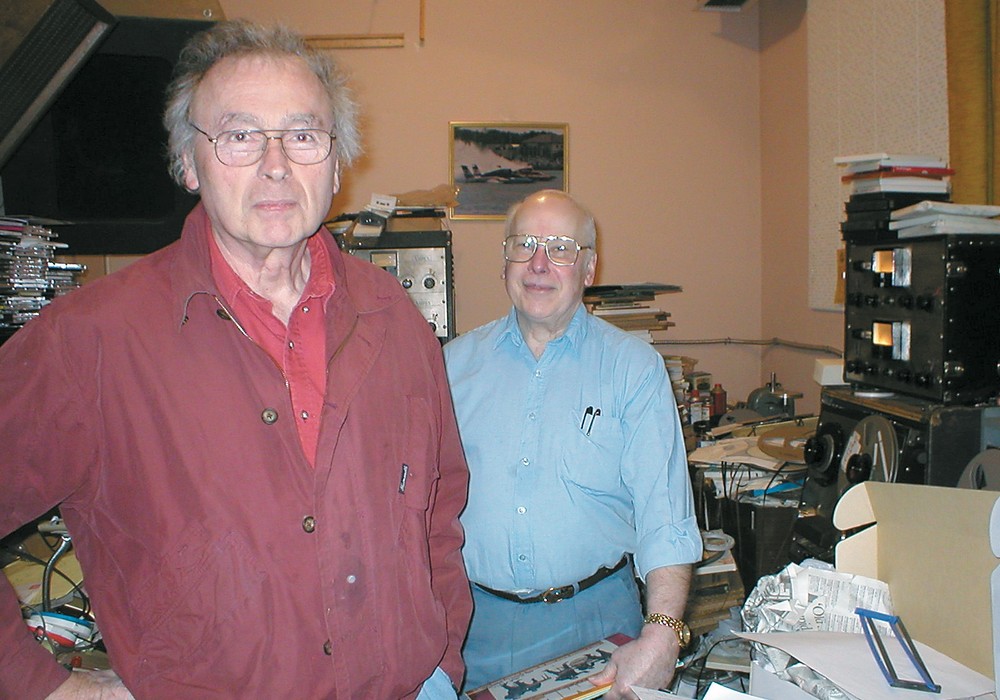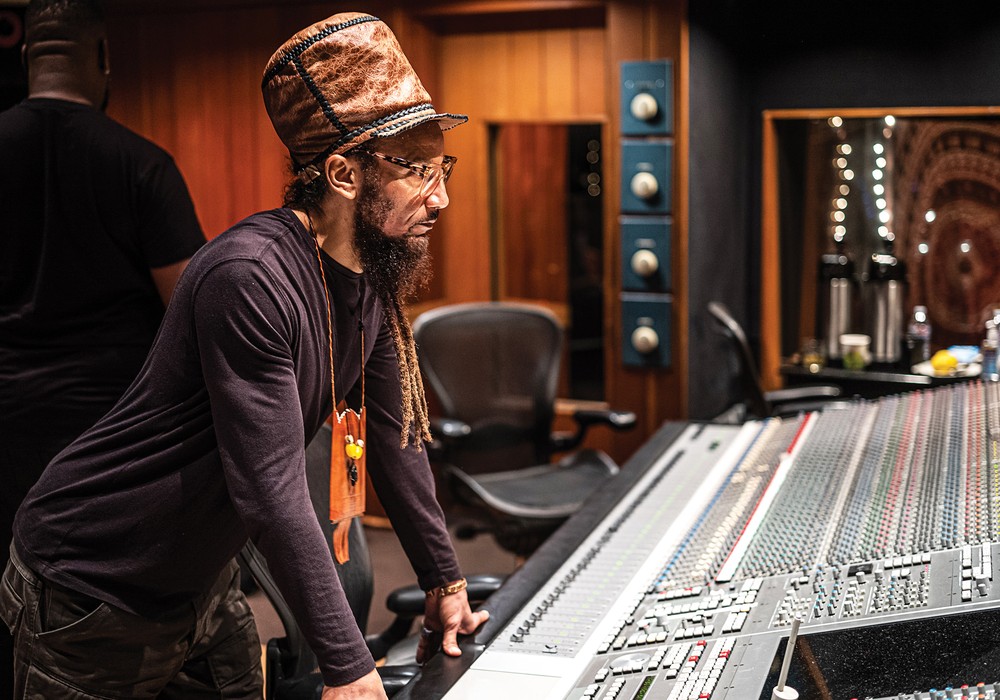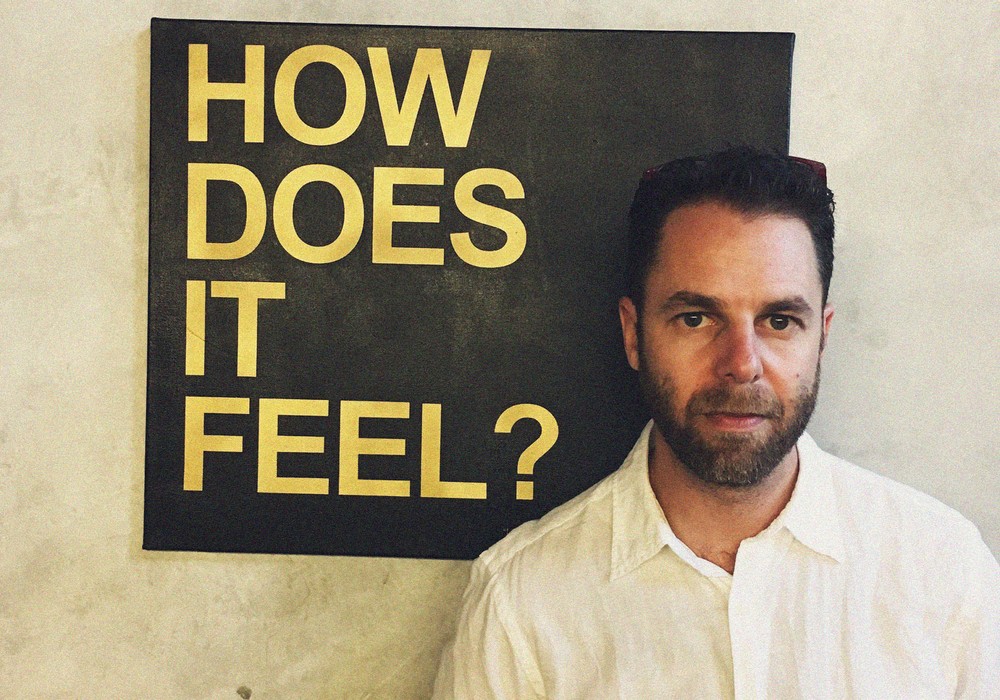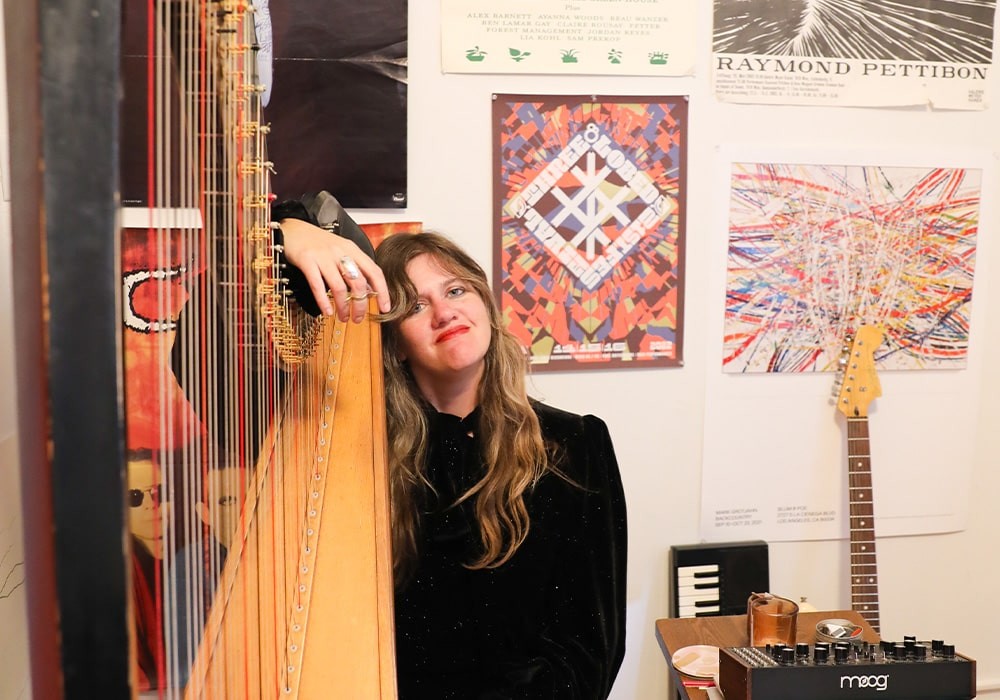Contemplating the fullness of his schedule and the richness of his life in music, Richard Barone posits the notion that "a producer's work is never done." From his childhood days in Florida as The Littlest DJ on local AM radio, through his teen years and into his twenties as guitarist/singer/songwriter for the Hoboken, NJ-based pop band, The Bongos (who enjoyed early successes on MTV and FM radio as well as worldwide tour exposure), on to his present day juggling of event and album production, as well as his continued efforts as a recording artist, Richard has a lot on his plate. Currently producing Jolie Jones (Quincy's daughter) on her debut children's album, Little Kisses, The Analogues on their debut CD and British pop sensation Sophie Ellis-Bextor (whose album includes a selection of songs co-written by Richard and Fred Schneider of the B-52s), Mr. Barone somehow still finds time to work on his own album project, co-written with and produced by Tape Op favorite Tony Visconti [Tape Op #29]. Recent production credits have included Johnny Rodgers' debut album, Box of Photographs, just released on PS Classics, as well as New York-based pianist/singer/songwriter Tracy Stark, her album to be released in 2006. In addition to all of this, Richard is also writing his first book, tentatively entitled How to Be Richard Barone, to be published by Backbeat Books in 2006.
You started out as The Littlest DJ in Florida. You were seven years old.
I used to listen to a transistor radio under my pillow at night when I was about that age and younger. I got to know all the pop hits really well, but as much as the songs themselves, the sounds of the records appealed to me as a young child. I would notice the compression on drums, for example.
As a child?!
Yeah. I would notice that on all the British records and the records that were imitating [them], there was a lot of compression on the drums. Everything was pumping and I thought, wow that's really cool!
What kind of kid pays attention to the compression on a record?!
I also used to question things. When I was five or six years old, I used to wonder if, during the choruses of a song, similar sections were copied and pasted. I used to wonder how the records were made, in other words. I was obsessed with recording. Soon my parents bought me a little tape recorder — a reel-to-reel Norelco. The first thing I did was to cut off the erase head so that I could overdub. My radio obsession was going on for a few years when one Sunday, we were going to the beach. In Florida, you go to the beach a lot. They were doing a live broadcast, called Beach Party. I marched over to the DJ and said, "I wanna be a DJ." He said, "Well, you can announce the next record." I really liked announcing the record, and he seemed to enjoy it, so he let me announce the next song. Pretty soon I had a weekly gig doing Beach Party. "Live From Municipal Beach," every Sunday, I was The Littlest DJ.
What artists did you play on your radio show?
It was a top 40 station, but my favorites were some of the artists that I still like today, like Donovan. "Hurdy Gurdy Man" was one of my favorite records in '68. Cream. Of course, I liked anything by the Beatles. There was a west coast band called the Beau Brummels. I liked pop hits and I looked at who produced those records. Micky Most was a big producer in England at the time. Soon, I noticed the T. Rex records, and I would see Tony Visconti's name. I was very pleased to see that his name was Italian. I loved and still love the sound of T. Rex records. In a way, Tony was updating the Beatles' sound, and he carried on the tradition of the well-constructed pop tune with well-constructed production and well- constructed arrangements. The sound of the music has always been as important to me as the writing of the song itself. There was something about the sound of particular records, which really appealed to me as a child. . .
The first band you produced was your own in Florida, called The Snails, which you have described as "proto New Wave." How old were you?
Late teens. We were a guitar band, a sort of power trio.
Did you ever record anything with The Snails?
We recorded a lot. The whole idea of Snails was to give me an excuse to get into the recording studio. We used to book into a studio called Rec-Nac in Tampa. All they had for recording equipment was a primitive mixer and two Teac 1/4" 4-tracks. We'd mix to the other machine and then bounce back and forth. I learned a lot about recording there. The sounds we got were pretty good, considering. Songs with titles like "Shopping Mall Queen", "Poodle Party", "Turn Your House into a Donut Shop". In the studio, we used a Fender Rhodes with heavy distortion, played through a big Marshall stack to create a wall of sound. The Snails had a bit of the early Ramones' punk energy, and there was a humorous aspect to the music that we did. This was my time to learn how to get the sounds that I wanted.
You moved to New York City with...
The rest of this article is only available with a Basic or Premium subscription, or by purchasing back issue #54. For an upcoming year's free subscription, and our current issue on PDF...
Or Learn More
